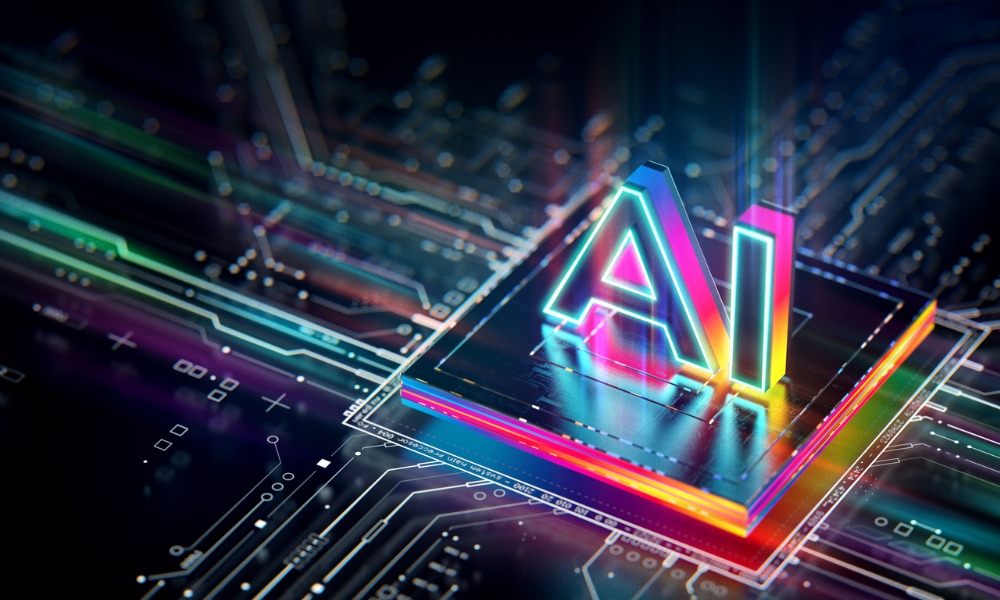
Navigating tomorrow's workplace: Insights from industry experts

The dynamic landscape of the workforce is evolving, shaped by technological advancements, changing priorities, and the residual impact of the global pandemic.
As businesses worldwide grapple with things like artificial intelligence, and the delicate balance between productivity and well-being, a recent panel discussion offered a comprehensive exploration of the trends shaping the future of work.
The shift to remote work has become a cornerstone of the contemporary workforce. As Emily McLeod, co-founder and director of WOW Recruitment highlighted, “We've seen a big uptake of a digital first approach, people are probably a bit sick of hearing about it. “But this whole work from home and remote ability, organisations that aren't equipped to, or don't have the tools and technology to be able to allow their roles to be remote, flexible or hybrid, are starting to fall down in terms of talent attraction, because as we know, 75% of workers want to work from home, she continued.
Kate Wilkinson CPO at ELMO shed light on the transformative role of artificial intelligence in HR. Beyond streamlining routine tasks, AI is poised to unleash the creative potential of HR professionals.
“I think everyone will lean into AI more and it will free up professionals in the talent and HR space to be able to do more creative, strategic, and innovative work, with AI taking over other tasks, but I think we'll lean more into database decision-making.”
Explaining that because AI has inputs that are all the same, it will start producing similar content for everyone, she emphasised the need to celebrate individuals with unconventional thinking to counteract potential homogenisation.
“We'll be starting to look for the crazy ones,” she said. “We'll be starting to search for those talented individuals that bring really extraordinary different thinking and creativity to the table because we have loads of people that know how to use the skill and use the tech. But it's the people that think really differently that will bring it to life.”
Keegan Luiters, program director for the new leader development program highlighted the role of AI in diversifying teams, “I think teams are going to get increasingly diverse in every way we can possibly not even imagine. It's going to be really interesting to see what AI does to a team that is working with AI across different countries and cultures, that is going to be fascinating,” he said.
The panel underscored the need for businesses to align AI strategies with specific roles and overall organisational objectives to maximise its impact.
The conversation then turned to the imperative of continuous learning. Kate emphasised the importance of creating a culture that allows employees the freedom to dedicate time to learning.
“I think businesses need to give space and permission to employees to stop running on the hamster wheel, down tools, and take time to actually learn,” said Wilkinson.
Shared learning opportunities, backed by performance management systems, emerged as crucial tools to foster innovation within the workforce.
Luiters delved into the delicate balance between productivity and well-being. “This idea of balancing productivity and well-being is talking about sustainable performance for people, that's the conversation we need to have around it,” he said. “Nobody wants peaks and troughs, what is that level you can sustain.”